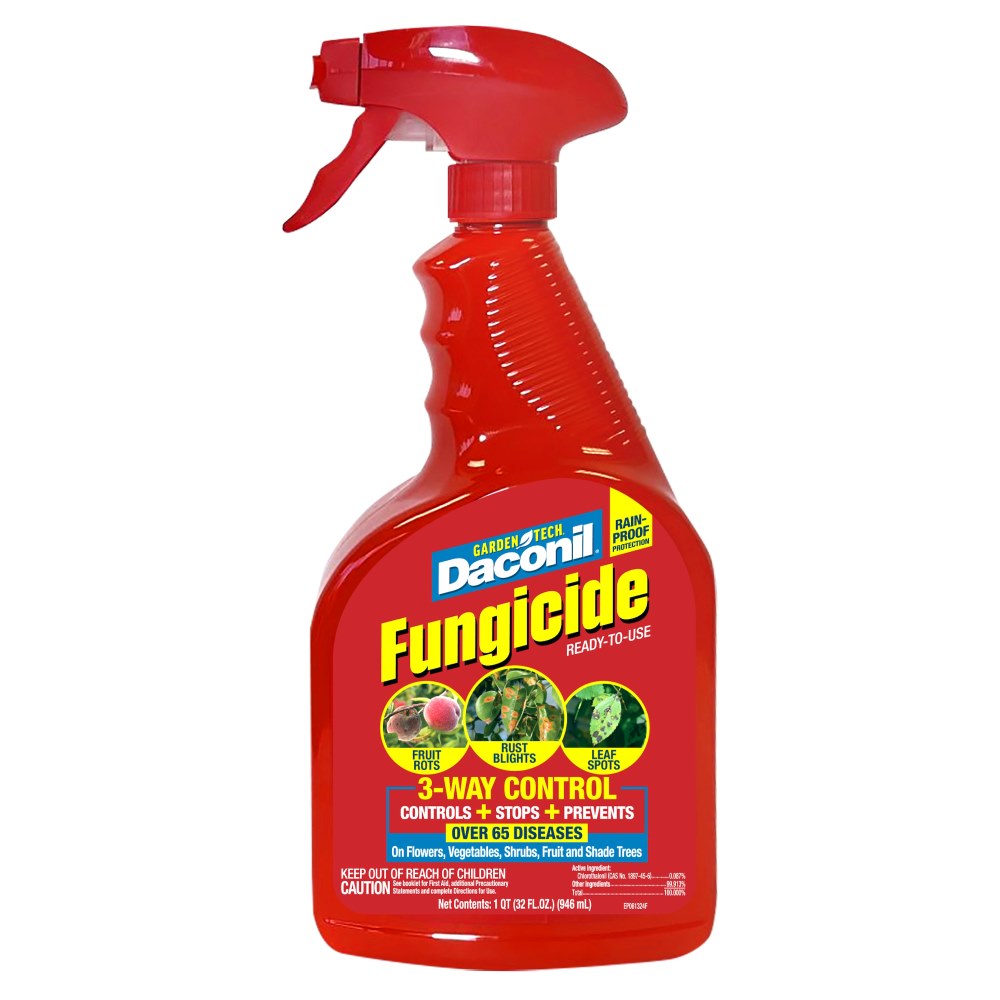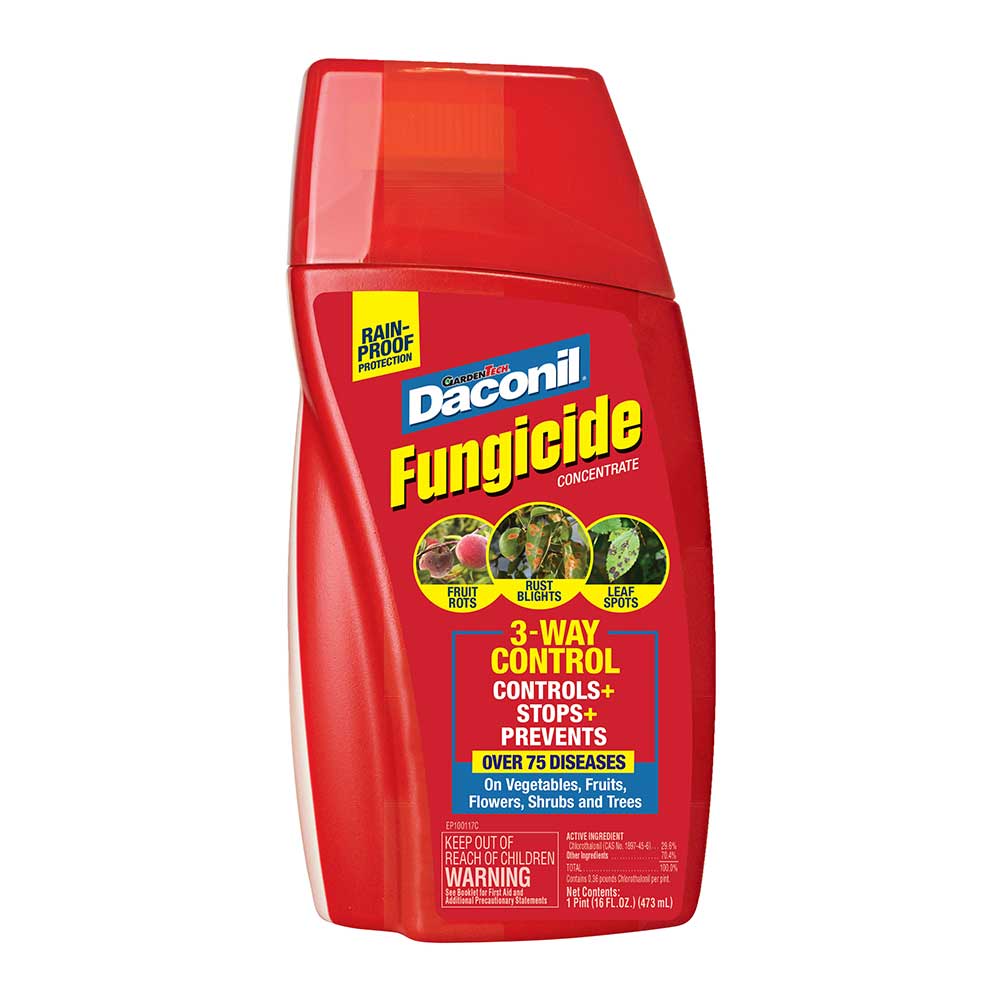Downy Mildew
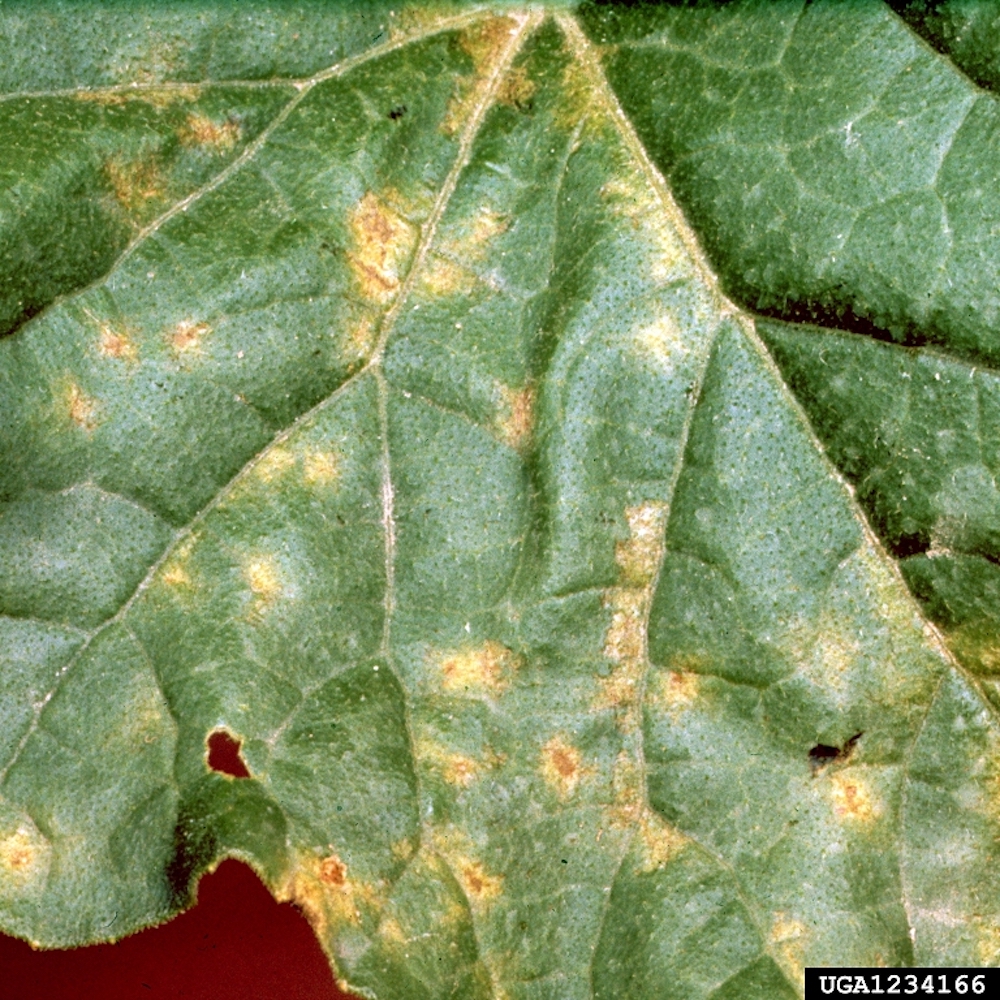

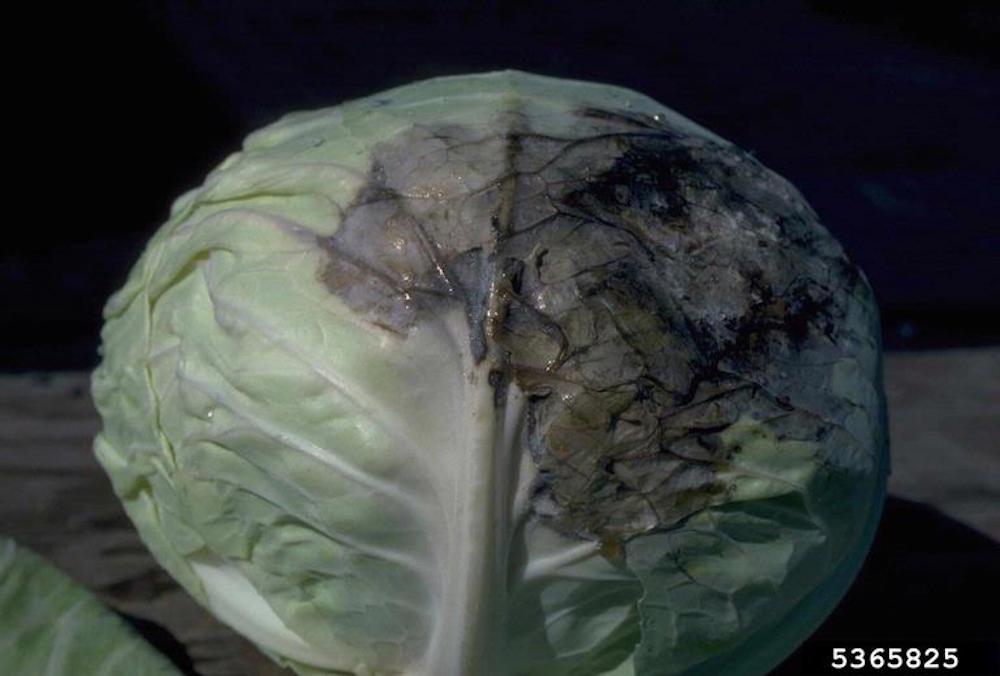
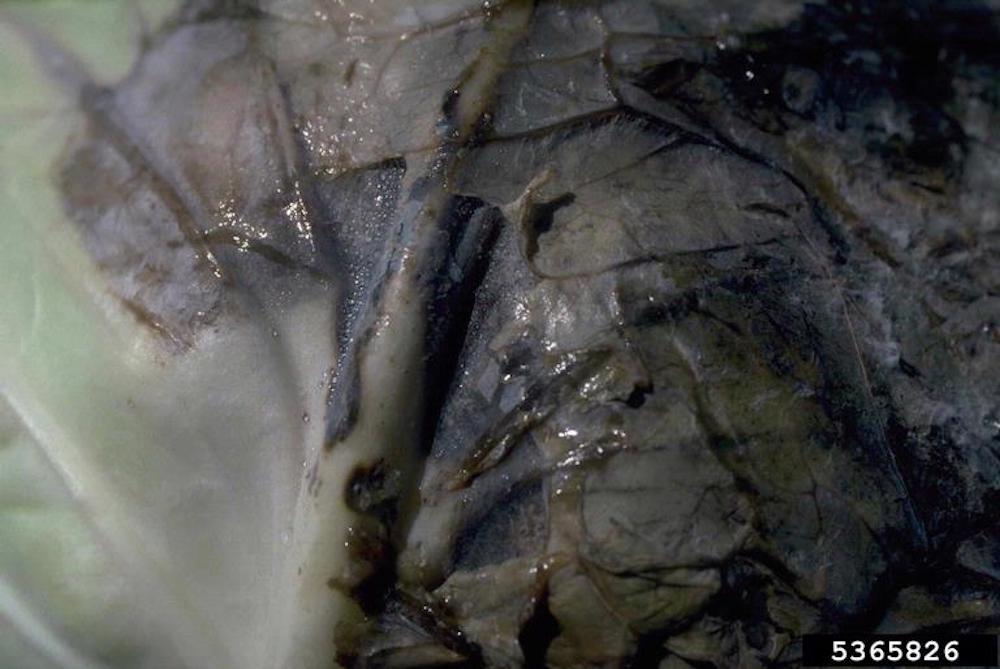
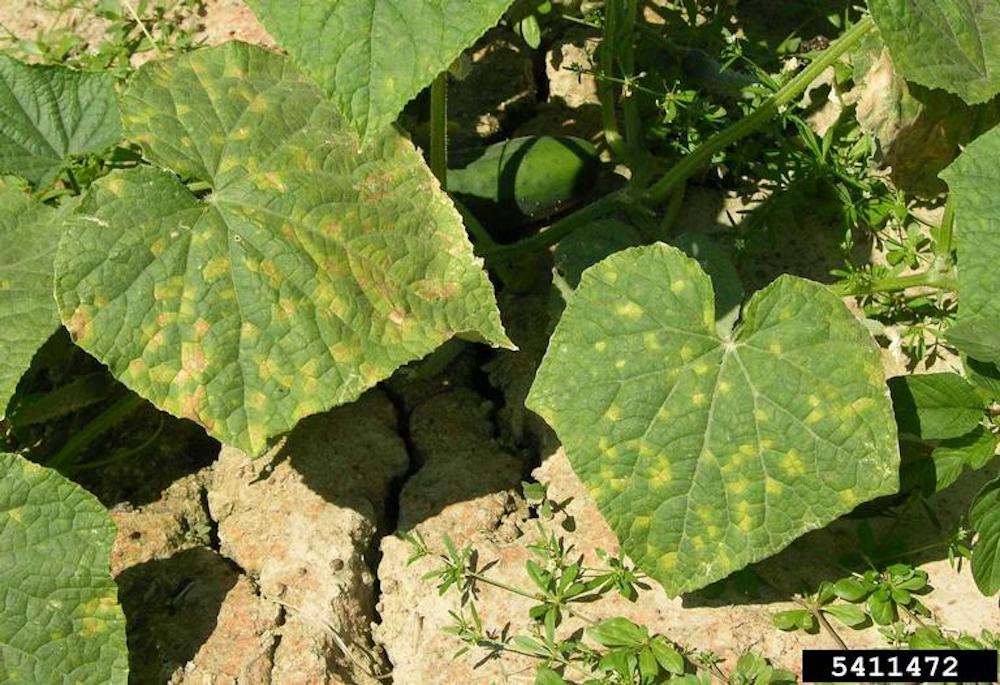
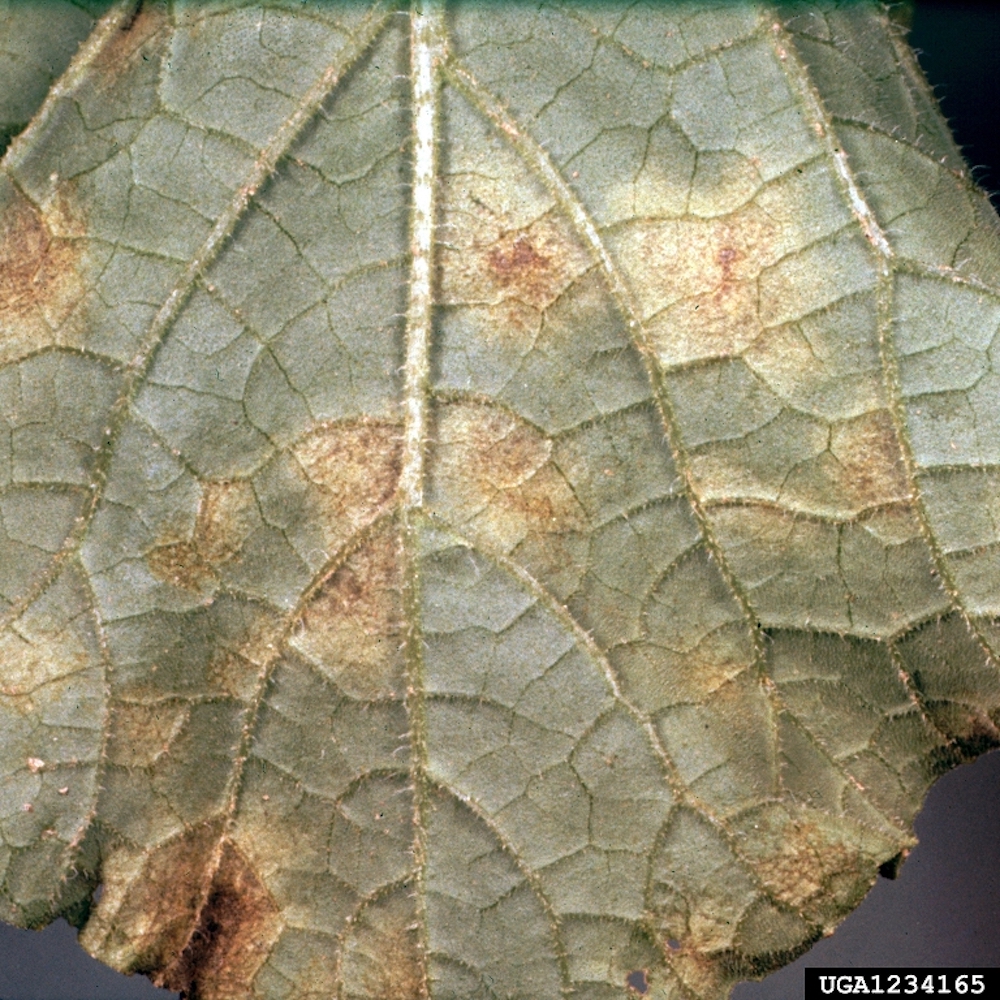
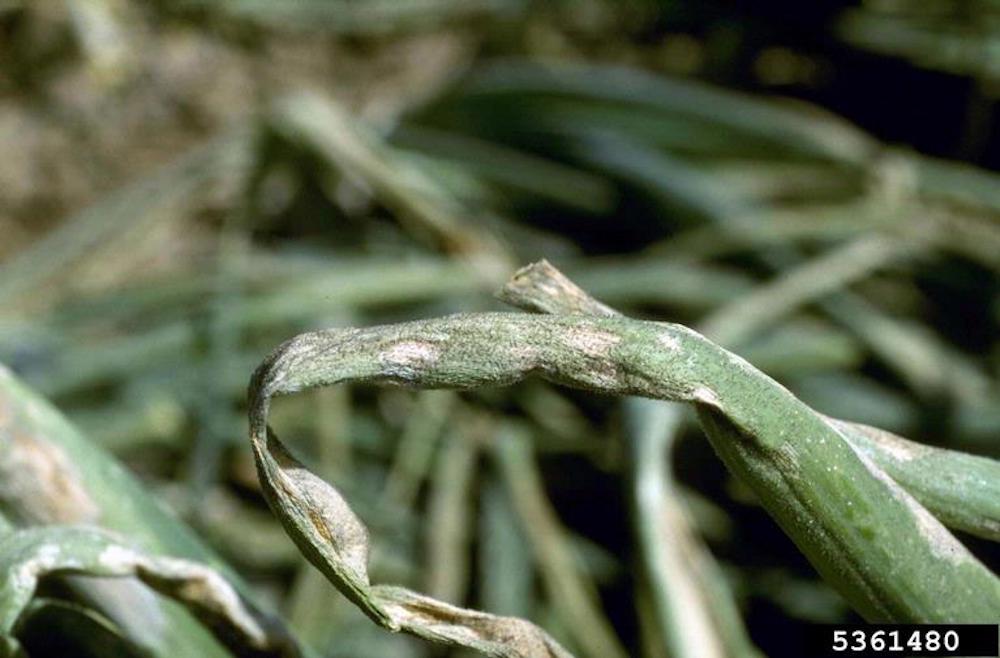
Sometimes mistaken for gray mold or powdery mildew, downy mildew isn't a true fungal disease. Algae rank closer to downy mildew pathogens than fungi do. Even so, this disease group acts a lot like many common fungal diseases in the garden. Cool, damp, spring weather and long periods of wet leaves set the stage for its germination and spread.
Some types of downy mildew attack a single plant host, but others affect broad plant families. Cucurbit family members such as cucumbers, melons, pumpkins, and squash are common downy mildew targets, as are brassica vegetables such as broccoli, cabbage, brussels sprouts, and cauliflower.
Downy Mildew Identification/Symptoms: Downy mildew symptoms vary significantly between plant types, as well as within varieties of the same plant. Symptoms of common edibles include angular, yellow spots on the tops of leaves and grayish surface fuzz on leaf undersides. Plants such as cabbage show large, irregular, gray-black lesions. Onion and garlic leaves develop spots that turn to purple-gray fuzz.
How to Control Downy Mildew: Because downy mildews aren't true fungi, many common control products don't control this disease. Daconil® fungicides from GardenTech® brand offer highly effective three-way protection to prevent, stop, and control downy mildew and more than 65 fungal diseases, including powdery mildew and gray mold.
Once downy mildew becomes active, it's more difficult to control, so prevention and early intervention is important. Start treating cucurbits as soon as they have their first true leaves, and begin brassica treatments at the first sprout. These products can treat cucumbers, zucchini squash, and broccoli right up to the day of harvest:
- Daconil® Fungicide Ready-To-Use and its convenient spray container simplify treating smaller garden areas, including container plantings. Just shake the bottle and spray all upper and lower plant surfaces until thoroughly wet.
- Daconil® Fungicide Concentrate provides an easy, economical alternative for larger gardens. Measure the recommended concentrate amount for your plant type into a hand-held, hose-end or tank-style sprayer. Add the recommended amount of water and mix well. Spray all plant surfaces to the point of runoff.
Downy Mildew Tip: Downy mildew flourishes in crowded conditions that don't allow leaf undersides to dry well. Use drip irrigation to keep leaves as dry as possible, and space plants so they get good air circulation and light penetration.
Always read product labels thoroughly and follow instructions, including guidelines for treatable plants, application rates and frequencies, and pre-harvest intervals (PHI) for edible crops.
GardenTech is a registered trademark of Gulfstream Home and Garden, Inc.
Daconil is a registered trademark of GB Biosciences Corp.
Photo Credit:
Don Ferrin, Louisiana State University Agricultural Center, Bugwood.org (CC BY 3.0 US)
Howard F. Schwartz, Colorado State University, Bugwood.org (CC BY 3.0 US)
Howard F. Schwartz, Colorado State University, Bugwood.org (CC BY 3.0 US)
Howard F. Schwartz, Colorado State University, Bugwood.org (CC BY 3.0 US)
Clemson University - USDA Cooperative Extension Slide Series, Bugwood.org (CC BY 3.0 US)
Clemson University - USDA Cooperative Extension Slide Series, Bugwood.org (CC BY 3.0 US)


